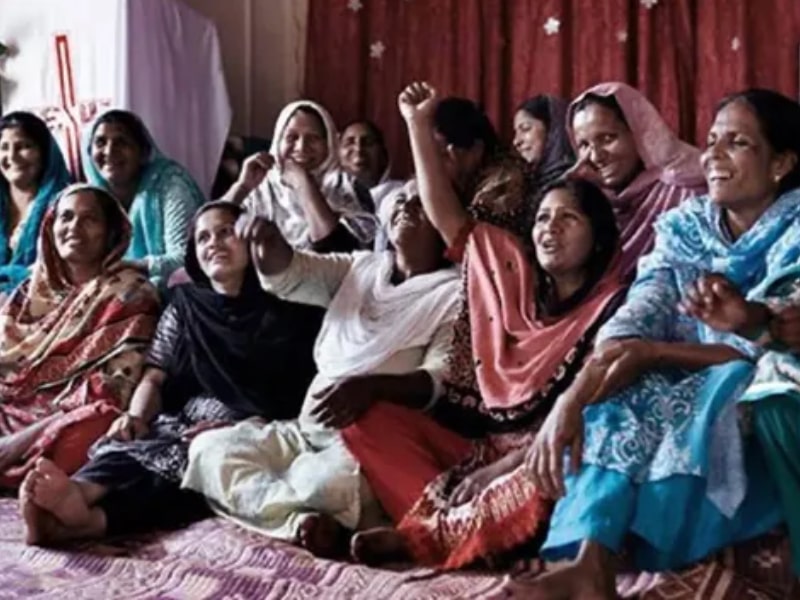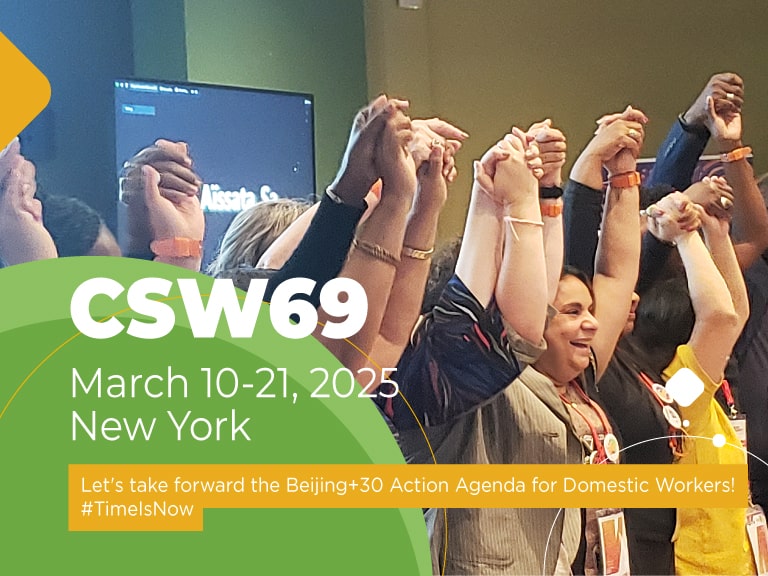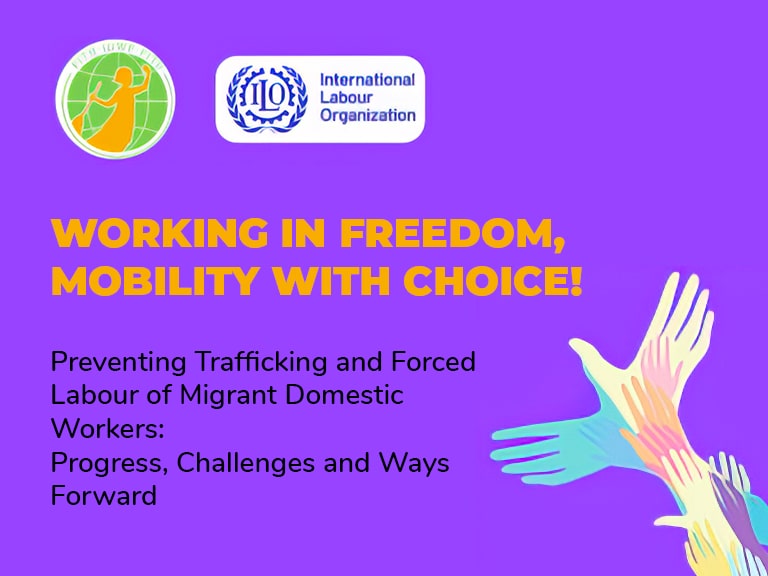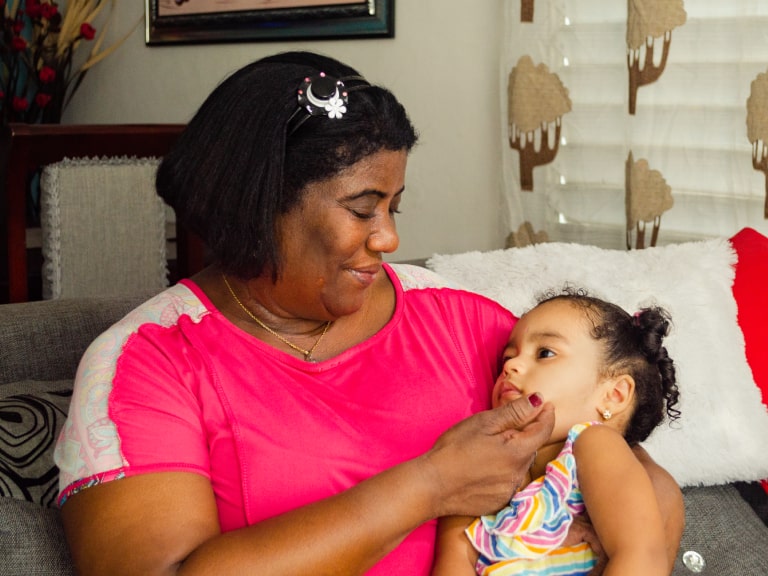- This event has passed.
In Pakistan, domestic workers rally for rights
In urban slums and shanty settlements, particularly in Pakistan, women face a range of difficulties, such as insecure housing, informal jobs, plus the double burden of household chores and access to resources. The interrelationship between culture, gender and urbanization is a complex one, where women are the poorest of the poor, because of the non-conducive urban environment.
Details
Read the original article in full:
In Pakistan, domestic workers rally for rights | Devex
Excerpt:
Women are the ‘poorest of the poor’
In urban slums and shanty settlements, particularly in Pakistan, women face a range of difficulties, such as insecure housing, informal jobs, plus the double burden of household chores and access to resources. The interrelationship between culture, gender and urbanization is a complex one, where women are the poorest of the poor, because of the non-conducive urban environment.
Plan International Pakistan, along with its partner HomeNet Pakistan, has been helping domestic workers come together and discuss their issues since 2011. A union was formally created with five representatives selected from all 11 communities in Jan. 2014.
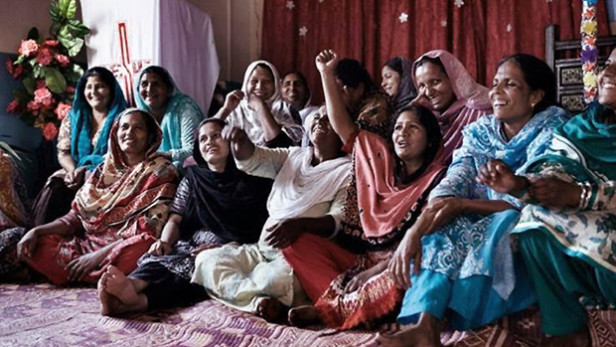
Domestic workers unions in Pakistan advocate for equal labor rights with Plan International.
Plan International Pakistan, along with its partner HomeNet Pakistan,
has been helping domestic workers come together to discuss their issues since 2011.
Photo by: Laura Salvinelli / Plan
Organizing domestic workers is no easy task, believe me.
In societies such as Pakistan, women are not decision makers and women who create unions and run campaigns are not accepted. Domestic workers’ earnings are dependent on them going to work and if they take time off, they aren’t paid. So, if workers want to attend meetings to fight their rights, it will ultimately come at a cost.
Domestic workers do not fall under the definition of “labor” either, so their union cannot be categorized as a labor union. That’s why we’ve called on the help of the Pakistan Workers’ Federation, so women can discuss matters with other union members, while ensuring their voices are heard in an organized, systematic way.
The International Labor Organization is aware that domestic workers make up a large portion of the workforce in developing countries, and their numbers have increased in industrialized countries. Yet, there is still “invisibility” around their work, a lack of law enforcement and organization of domestic workers.
Slow progress
Things are progressing in Pakistan, but slowly. In 2013, the first ever bill was drafted to bring domestic workers under the umbrella of “labor” and it was presented in the senate. Two years on, a new senate has come into power and the bill is once again under scrutiny. My colleagues and I are making a concerted effort to ensure this bill is passed. However, it needs a bigger push from civil society to ensure the bill is prioritized.
Then, there’s an even bigger task. It’s not a matter of simply passing the law, but then — crucially — actually making it happen. Domestic workers need training and skills to discuss and handle their contracts with employers, to raise their voices against discrimination.
The advocacy movement is slowly gaining momentum across big cities, but the work is far from over. Now more than ever we must continue to work together to ensure women’s rights are recognized in this sector.
